In addition, certain brokerage subsidiaries of the company have securities lending agreements with certain subsidiaries of TD Bank. These agreements were entered into in the ordinary course of business and were made on substantially the same terms as those prevailing for comparable securities lending agreements with persons other than related persons and do not involve more than the normal risk of collectability or present other unfavorable features.
As described in Security Ownership of Certain Beneficial Owners and Management, based on information contained in separate Schedule 13G filings with the SEC, each of BlackRock, Inc. (BlackRock), and The Vanguard Group (Vanguard) reported that it beneficially owned more than 5% of the outstanding shares of the company’s common stock as of December 31, 2020. The company and its affiliates engage in ordinary course transactions and arrangements with BlackRock or its affiliates including for sub-advisory services for a fund, recordkeeping, administrative, shareholder, educational and data support services, and a license to use BlackRock’s portfolio management technology platform. The company and its subsidiaries also do and may continue to, in the ordinary course, invest in BlackRock and Vanguard funds and pay related management fees. These transactions are negotiated on an arm’s-length basis and we believe they are on customary terms and conditions.
Some directors, executive officers and entities with which they are affiliated have credit transactions with the company’s banking and brokerage subsidiaries, such as mortgage loans, revolving lines of credit or other extensions of credit. These transactions with directors, executive officers and their affiliates are made in the ordinary course of business and as permitted by the Sarbanes-Oxley Act of 2002. Such transactions are on substantially the same terms, including interest rates and collateral, as those prevailing at the time for comparable transactions with persons not related to the lender and do not involve more than the normal risk of collectability or present other unfavorable features.
The company has policies and procedures regarding the review and approval of related party transactions. Such policies and procedures are in writing and have been approved by the Audit Committee. The transactions covered by the company’s policies and procedures include any financial transaction, arrangement, or relationship (including any indebtedness or guarantee of indebtedness) or any series of similar transactions, arrangements, or relationships in which the company participates and the amount involved exceeds $120,000, and a director or executive officer of the company has a direct or indirect material interest. The policies and procedures include transactions where the directors’ or executive officers’ children, stepchildren, parents, stepparents, spouse, siblings, mothers-in-law, fathers-in-law, sons-in-law, daughters-in-law, brothers-in-law, sisters-in-law, or members of their household (other than a tenant or employee) have a personal interest.
Any director or executive officer proposing a transaction covered by the company’s related party transaction policies and procedures must notify the company’s compliance department as soon as practicable after becoming aware of the transaction or proposed transaction and must provide a description of all material details and his or her interest in the transaction. The Audit Committee will consider the transaction at its next meeting. The Audit Committee may authorize or ratify the transaction only if the Audit Committee determines that the transaction is fair as to the company as of the time of authorization and in the best interests of the company. The transaction must be approved in good faith by a majority of the disinterested directors on the Audit Committee.
Notice to and approval by the Audit Committee as described above is not required if the transaction involves compensation to an immediate family member of a director or executive officer, and the employment relationship has been approved in good faith by a majority of disinterested members of the Compensation Committee. As in the case of Ms. Schwab-Pomerantz and Mr. McLin, after initial approval, further approval of the Compensation Committee is not required if the immediate family member is not an executive officer and all compensation and benefits to him or her, including salary increases, bonuses, incentive awards, perquisites, benefits, severance payments, and all other forms of compensation, are made in accordance with the company’s compensation programs, policies and plans.
72





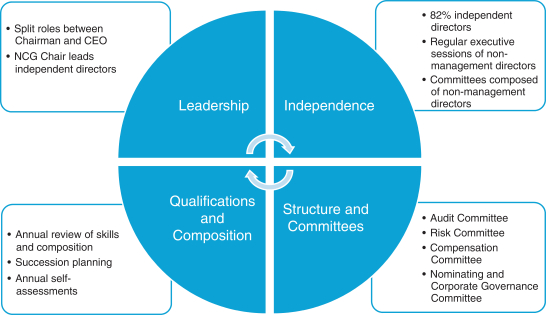
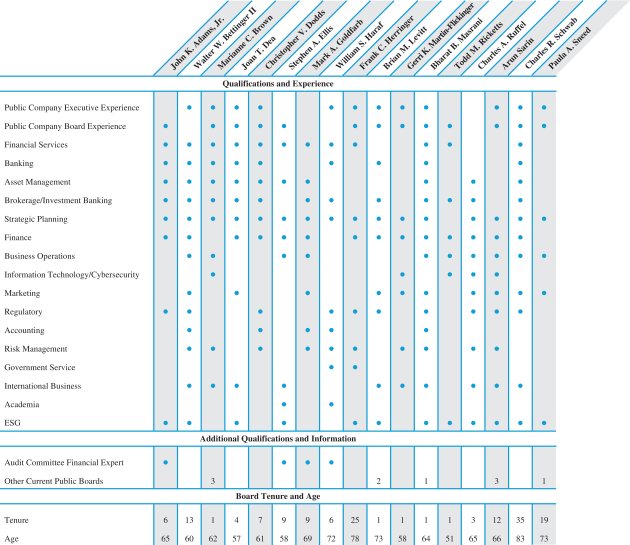

















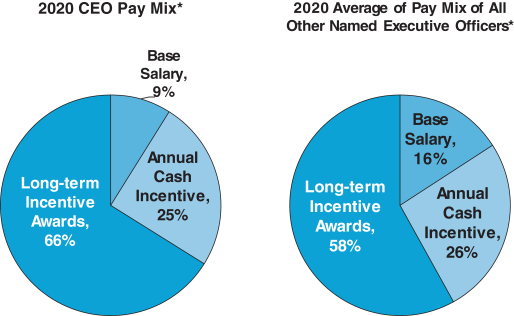
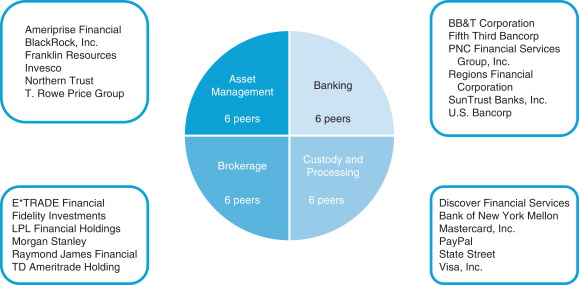
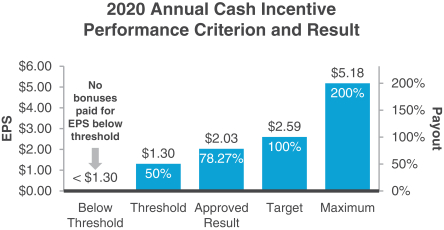

 CORPORATION
CORPORATION
 CORPORATION
CORPORATION CORPORATION
CORPORATION

